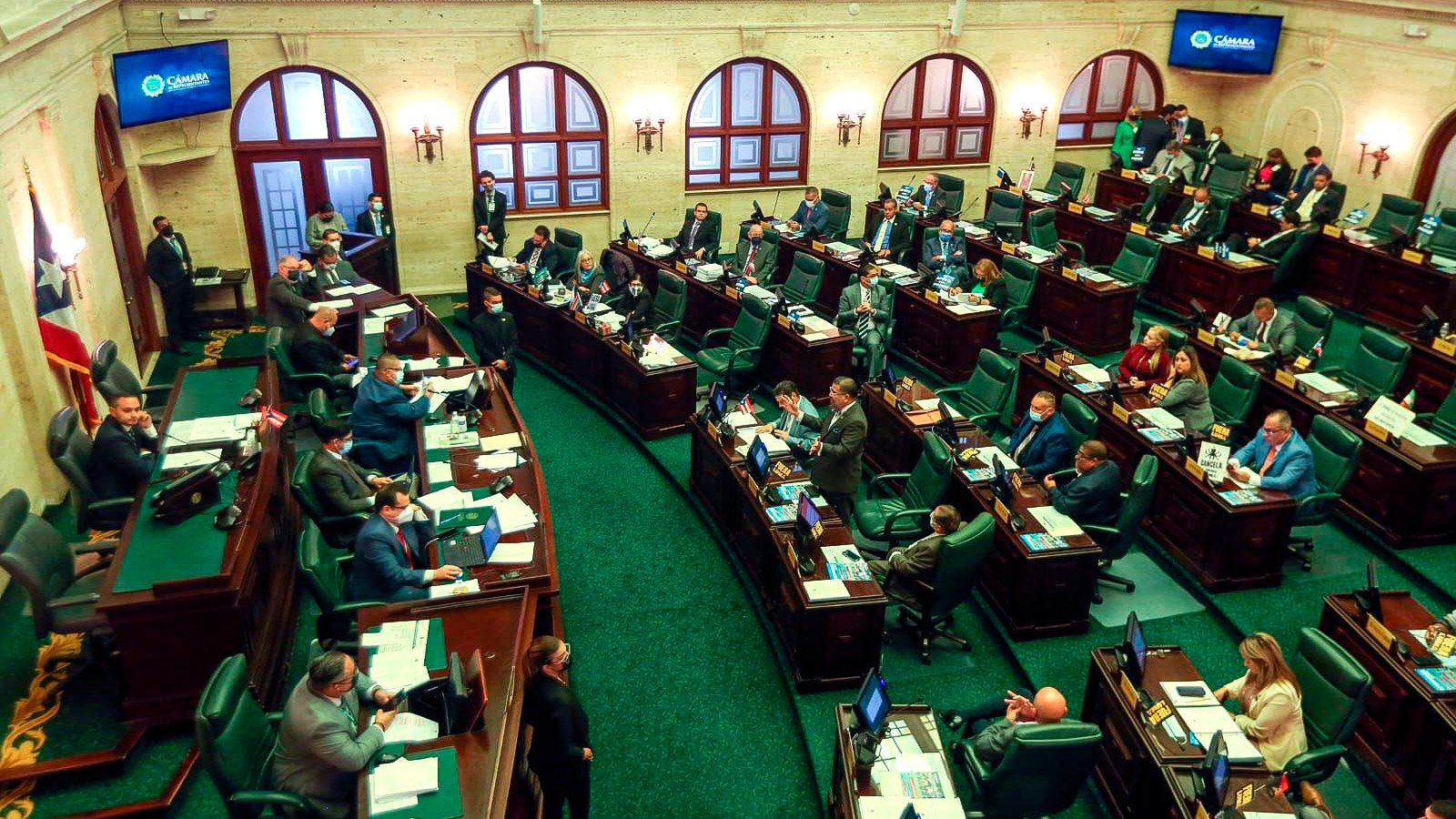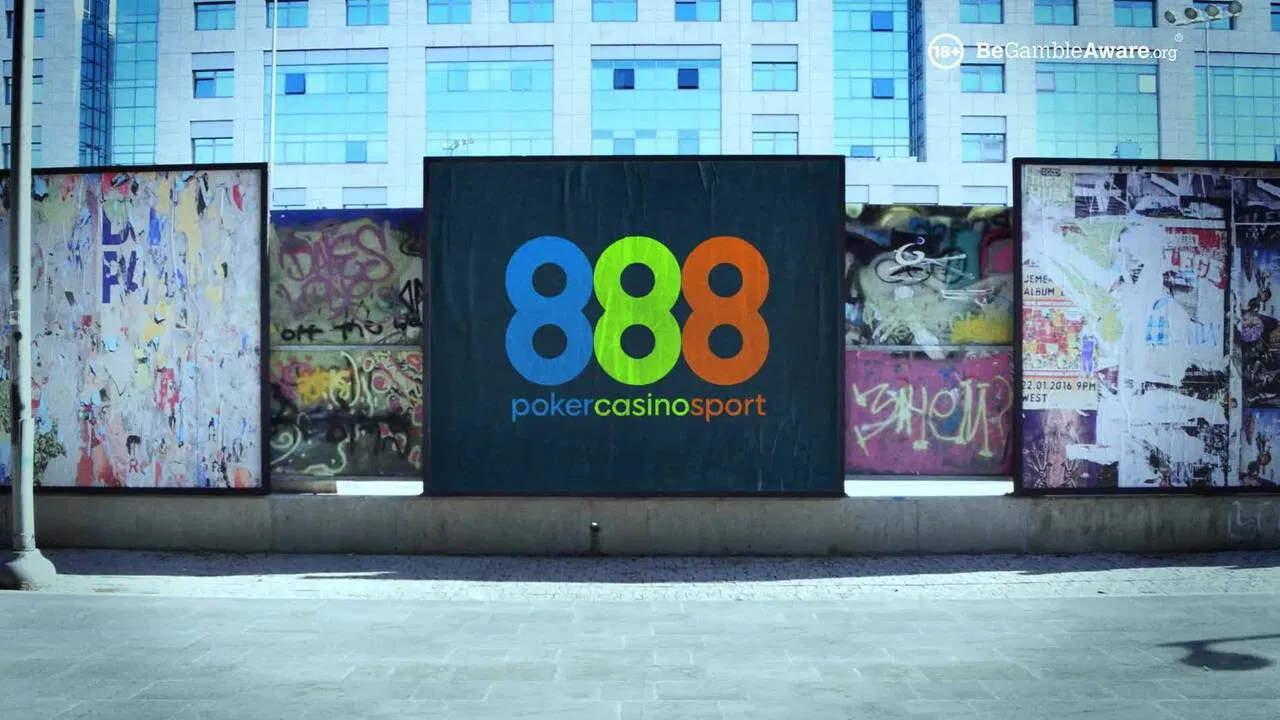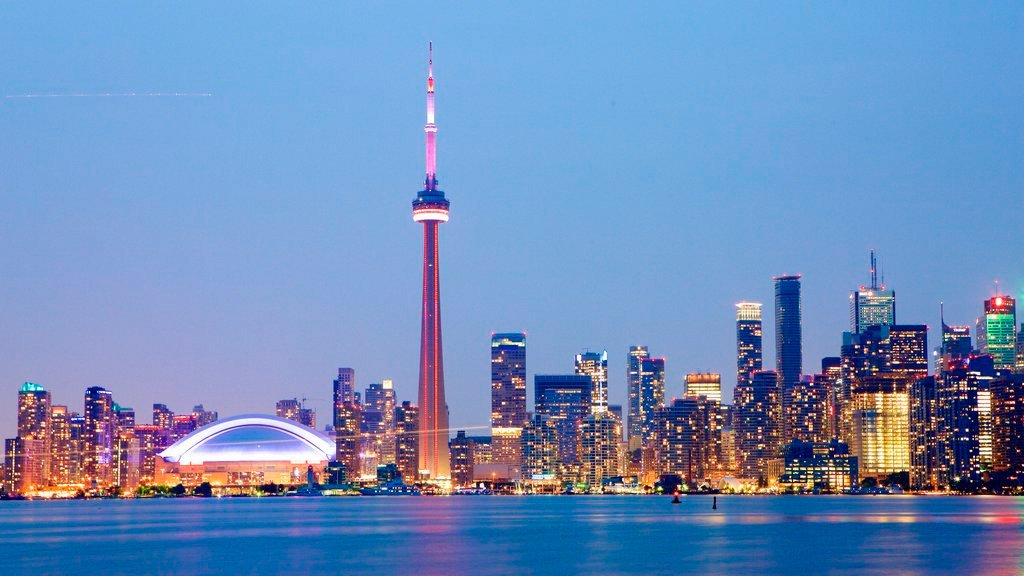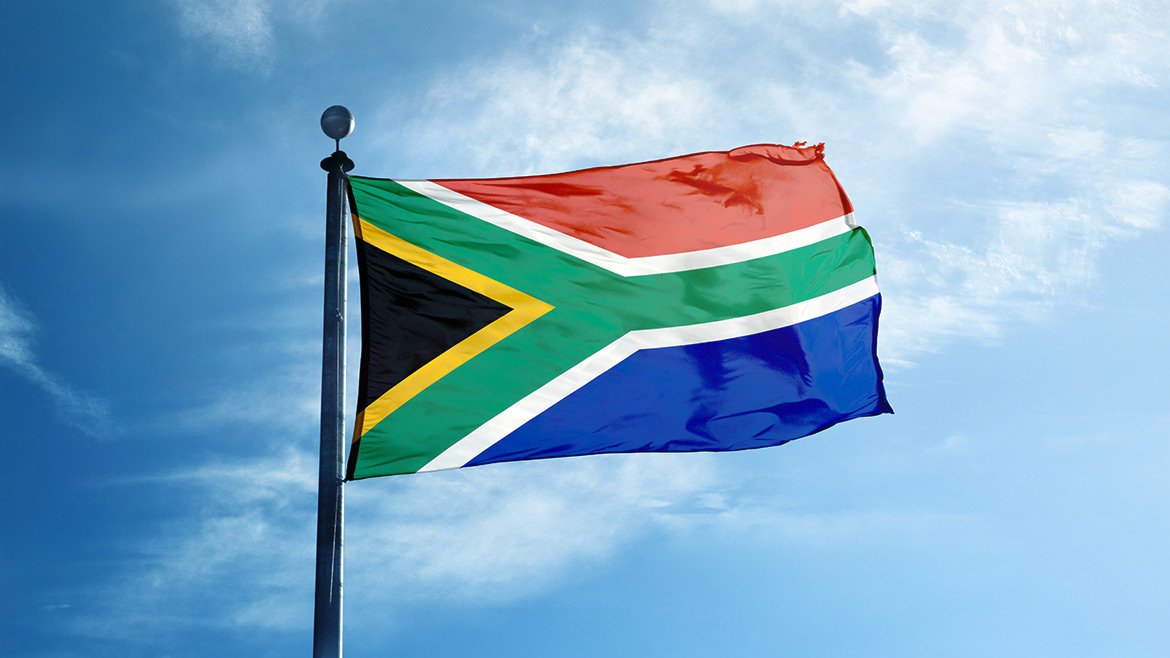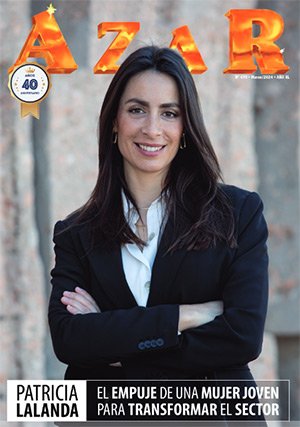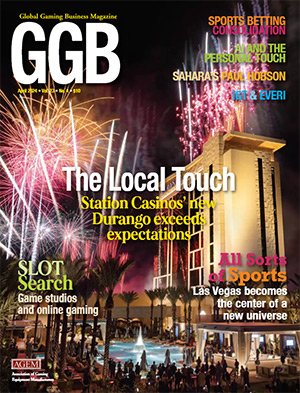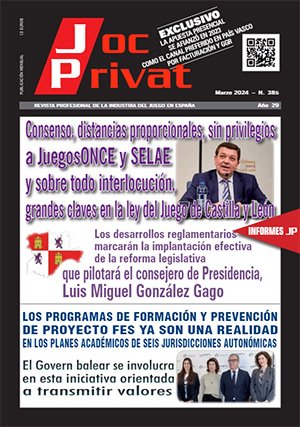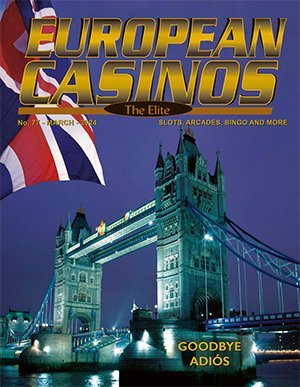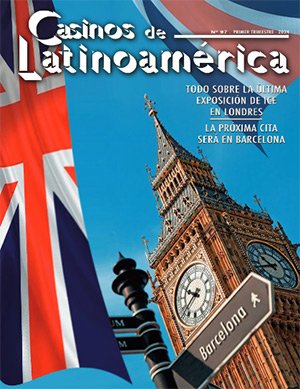Casinos say table games would generate us$ 165 million in Pennsylvania

On Wednesday, the House Gaming Oversight Committee held a hearing to listen to an industry-paid analyst who spoke on the positive economic impact of legalizing table games at the state's slot-machine casinos.
Committee Chairman Dante Santoni Jr., said he thinks a table games bill can pass the Democratic-controlled House, as long as key elements such as the license fee and tax rate are acceptable. "I think there's a lot of momentum behind table games," Santoni said.
The revenue would consist of us$ 104 million generated by the table games themselves - poker, blackjack, roulette and dice - plus another us$ 61 million in additional revenue from slots, said Steve Rittvo, CEO of The Innovation Group. He said the presence of table games would attract players of those games plus additional slots players who come with them.
Rittvo's estimate of the additional annual revenue was based on a 12 % state tax on the gross gaming revenue from table games. That tax rate is less than the 21 % tax rate contained in House Bill 21, a measure introduced by House Democratic Whip Bill DeWeese of Waysnesburg.
Rittvo was hired by three existing casinos in Pennsylvania - Philadelphia Park, Mohegan Sun (near Wilkes-Barre) and the just-opened Sands Bethworks casino in Bethlehem.
He said that a table games tax rate as high as DeWeese has proposed would reduce a casino's ability to add fancy "amenities'' such as a hotel, spa, club, entertainment venue or restaurant, which would attract table games players. With fewer amenities, fewer table games players would be attracted and tax revenue would suffer.
Casino owners have lobbied for the legalization of table games, saying it would create valuable jobs during the recession and make their establishments more competitive with the expanding gambling industries in states along Pennsylvania's borders. In general, casino owners like table games because the green felt tends to lure bigger spenders who are more likely to stay longer and open their wallets wider in the restaurants, hotels and boutiques attached to the casinos.
Table games also are much more labor intensive than slots, raising a casino's labor costs, he said. Rittvo did say, however, that the national table games tax rate average was about 18 %, ranging from zero tax on some Native American casinos to 37 % in West Virginia.
DeWeese has estimated that with a 21 % tax rate, the state could gain about us$ 200 million a year. In addition, a casino would have to pay a one-time license fee of us$ 10 million for table games, which would mean an extra one-time collection of us$ 120 million, once all 12 of the state's larger casinos are operating.
In August, when Rivers Casino opens in Pittsburgh, there will be nine of the larger casinos in operation, meaning casinos they can have up to 5,000 slots. But two other large casinos in Philadelphia and one in Lawrence County won't be open for at least two or three more years. There are also two smaller resort casinos, with no more than 500 slots, authorized by the 2004 slots law but not yet in operation.
Mohegan Sun casino executive Robert Soper said Pennsylvania already has one of the highest tax rates in the U.S. on slots revenue - 55 %. He said he hopes the Legislature, if it legalizes table games, would have a tax rate on table games of no more than 12 %.
DeWeese said he is hoping for a House vote on his bill before the summer recess. The bill now calls for 18 % of the tax revenue to go for lowering property taxes, as does much of the slots tax revenue; 2 % for host towns and counties and 1 % for agriculture.
But because of the state's huge us$ 3.2 billion budget deficit, for the first three years, DeWeese is willing to let the state revenue go to erasing the deficit rather than the three uses outlined in the bill.



